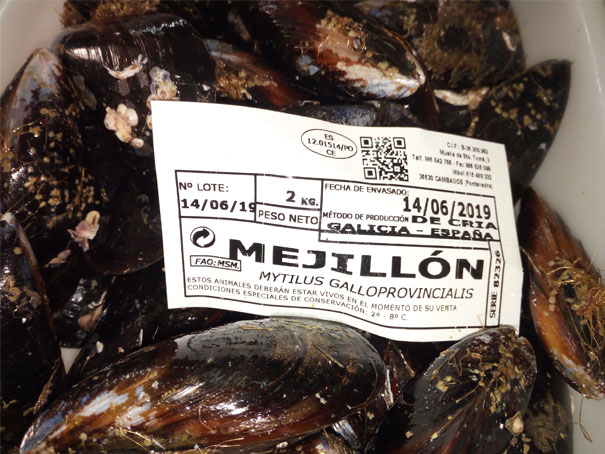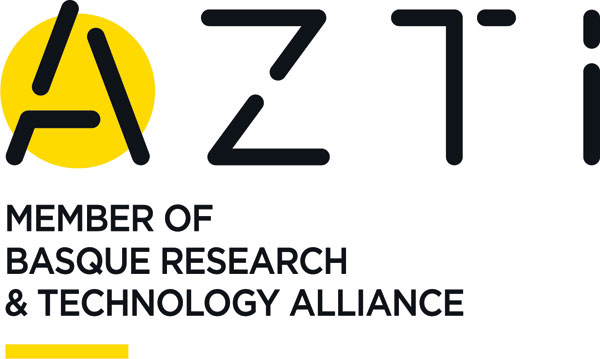Technology centre AZTI has participated in the development of a new genetic method to guarantee the origin of mussels.
The study aims to fight fraud and raise consumer awareness of the importance of labelling and traceability of fish products.
The techniques developed have been carried out within the framework of the European project SEATRACES, financed by the European Union’s INTERREG programme and coordinated by the CSIC’s Institute of Marine Research in Vigo.

Derio, 12 January 2022 – PCR (polymerase chain reaction) tests are a highly effective way of diagnosing infectious diseases and are based on the detection of genetic material from the pathogens that cause the diseases. This type of test has become part of our everyday life due to its relevance in the detection of Covid-19, but its usefulness goes beyond the field of health.
Technology centre AZTI, with extensive experience in the genetic research of marine species, has participated in the development of a new genetic method, based on PCR techniques, to ensure the geographical origin and traceability of mussels cultivated in the Atlantic peninsular area.
“Genetic approaches can be of great help in tracing the origin of seafood products such as mussels, one of the most cultivated species in the European Union, and can ensure their traceability to avoid commercial fraud, protect this marine resource and guarantee the safety of the end consumer,” explains Ane del Río, AZTI pre-doctoral researcher in charge of the research.
To design this new methodology, the research staff first identified thousands of genetic markers and subsequently evaluated their usefulness for the geographical characterisation of mussel samples collected from cultivation areas in the Atlantic, the Mediterranean and the Southeast Pacific.
The experts focused on the Mediterranean mussel species (Mytilus galloprovincialis), which is the most widely cultivated mussel in the areas included in the study.
“The results showed a clear differentiation between Mediterranean mussel populations cultivated in the Atlantic and those cultivated in the Mediterranean, and significant differences were also observed between individuals from the Mediterranean and the Southeast Pacific,” del Río adds.
Thanks to these findings, an accurate and cost-effective geographic allocation methodology has been developed for the identification of mussels marketed in the Atlantic area of Europe to ensure seafood traceability and food safety.
The development of the control tool has been supported by the Basque Government’s pre-doctoral grant awarded to Ane del Rio and has been carried out within the framework of the European project SEATRACES, an initiative that seeks to fight against commercial fraud and raise awareness of the importance of labelling and traceability both in the sectors of production, processing and marketing of fishery products and among consumers themselves.
Funded by the European Union’s INTERREG programme and coordinated by the CSIC’s Institute of Marine Research, the SEATRACES project, which will conclude in 2022, aims to protect and enhance the value of fishing and aquaculture in the Atlantic area.
